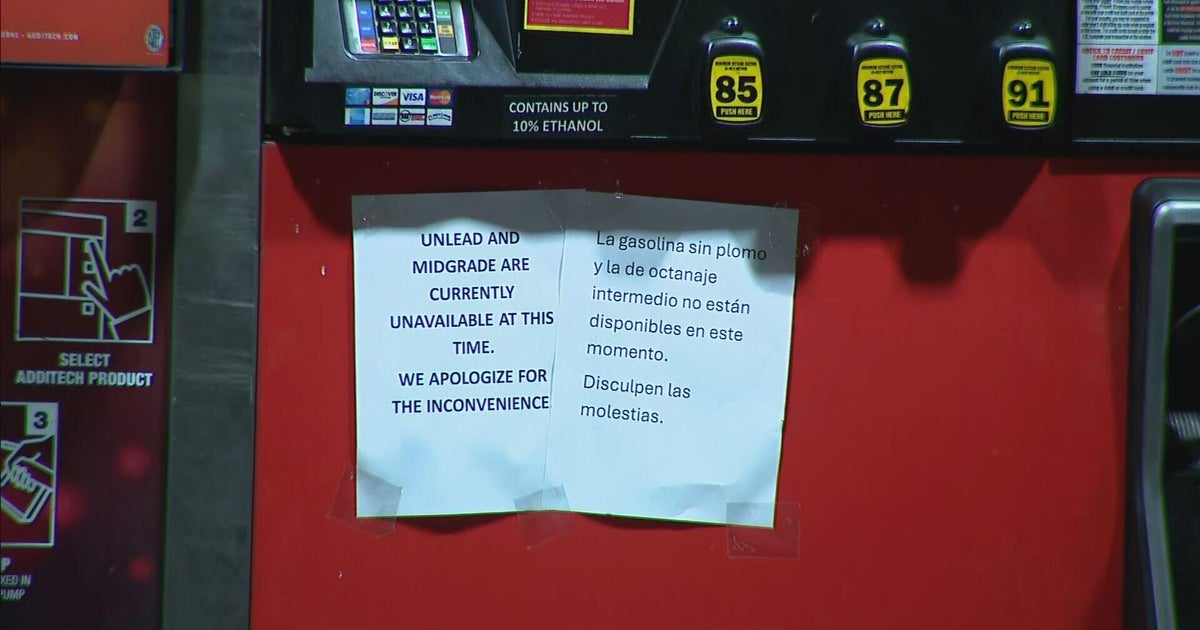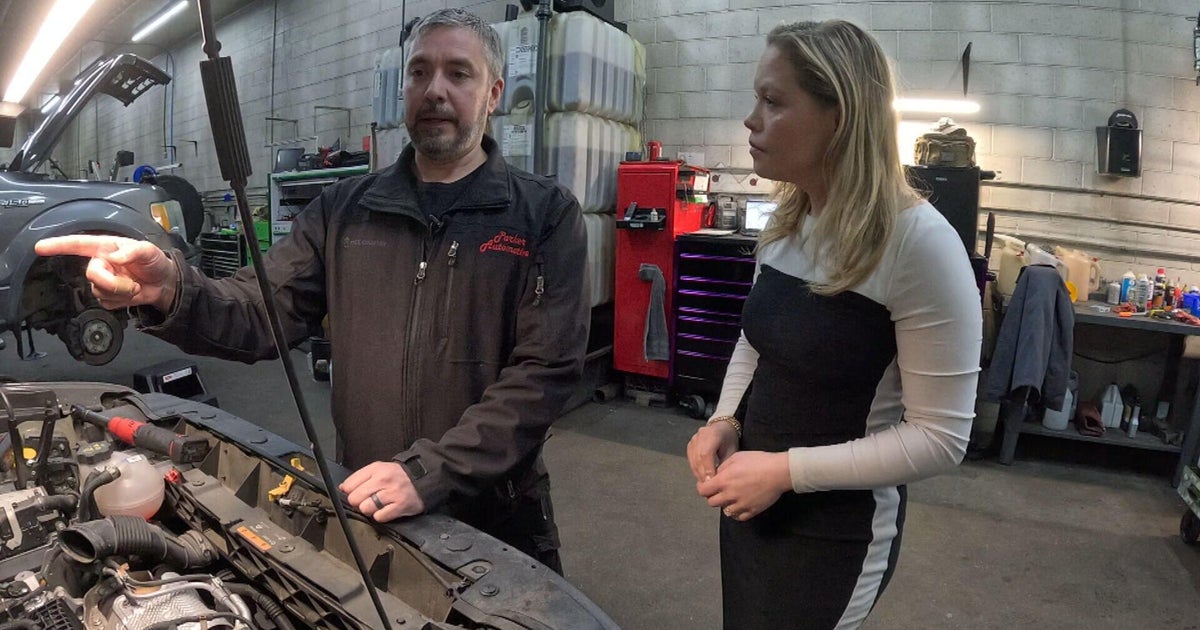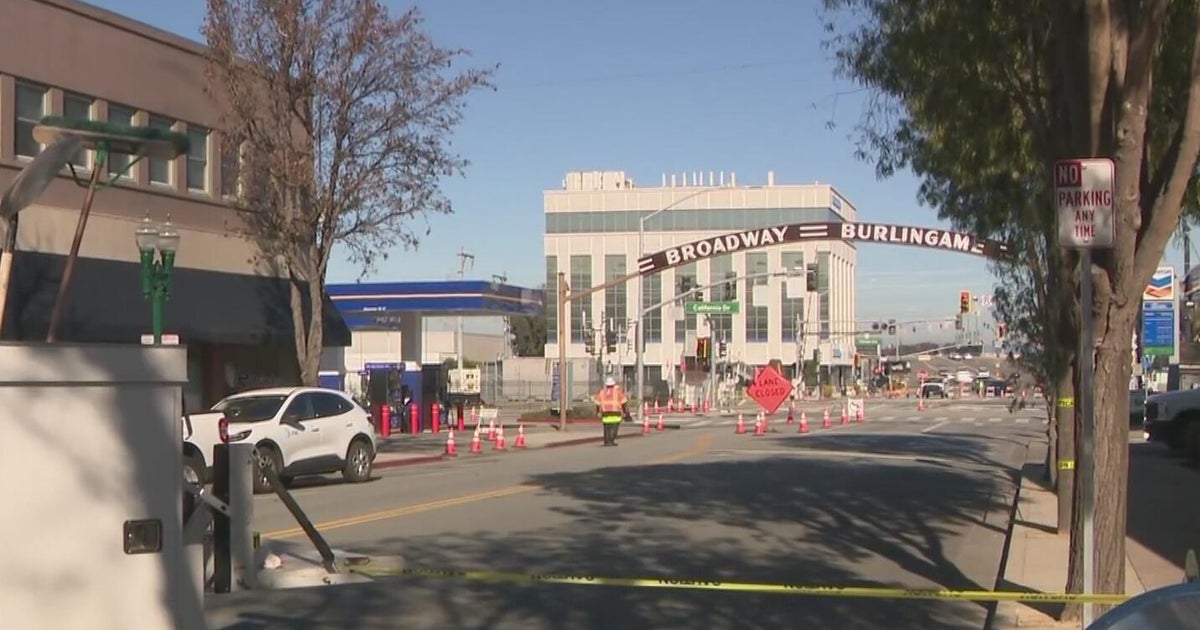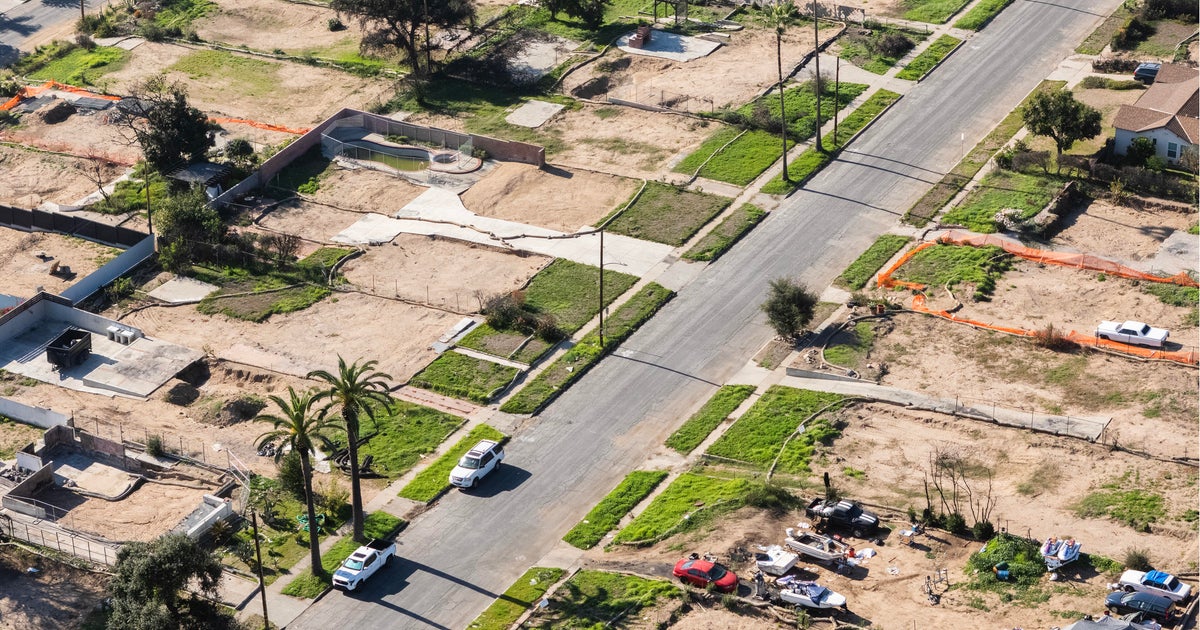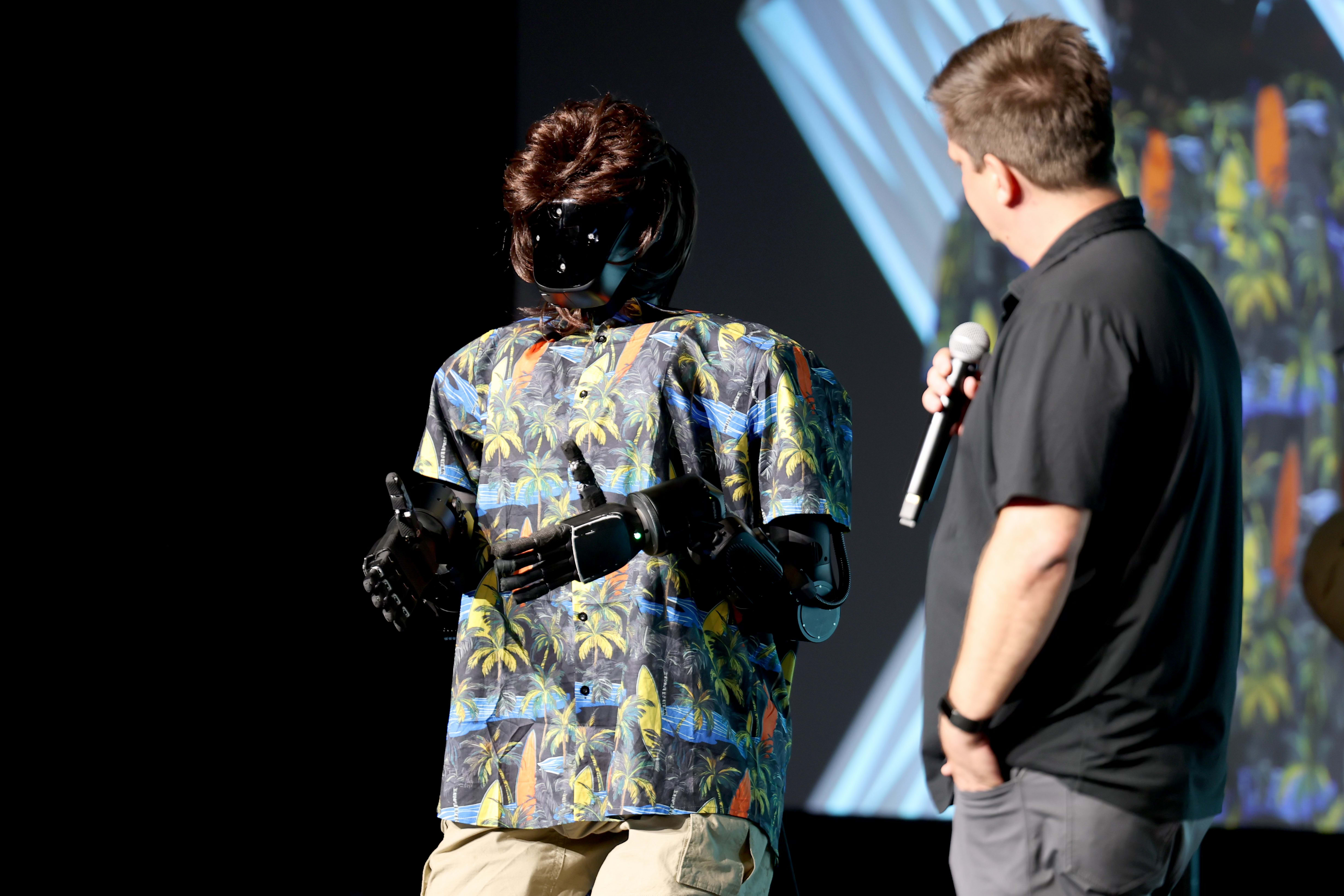Salmonella found in world's biggest chocolate plant
Salmonella bacteria have been discovered in the world's biggest chocolate plant, run by Swiss giant Barry Callebaut in the Belgian town of Wieze, the company said Thursday.
A company spokesman told Agence France-Presse production had been halted at the factory, which produces liquid chocolate in wholesale batches for 73 clients that make confectionaries.
"All products manufactured since the test have been blocked," spokesman Korneel Warlop said.
"Barry Callebaut is currently contacting all customers who may have received contaminated products. Chocolate production in Wieze remains suspended until further notice."
Most of the products discovered to be contaminated are still on the site, he said.
But the company has contacted all its clients and asked them not to ship any products they have made with chocolate made since June 25 at these Wieze plant, which is in Flanders, northwest of Brussels.
Belgium's food safety agency AFSCA has been informed and a spokesman told AFP it had opened an investigation.
The Wieze plant doesn't make chocolates to be sold directly to consumers and the company says it has no reason to believe any contaminated goods made by clients have made it onto shop shelves.
The scare comes a few weeks after a case of chocolates contaminated with salmonella in the Ferrero factory in Arlon in southern Belgium, which manufactures Kinder chocolates.
Belgian health authorities announced on June 17 that they had given the green light to restart the Italian giant's factory for a three-month test period.
Swiss group Barry Callebaut supplies cocoa and chocolate products to many companies in the food industry, including industry giants such as Hershey, Mondelez, Nestle or Unilever.
World number one in the sector, its annual sales amounted to 2.2 million tons during the 2020-2021 financial year.
Over the past financial year, the group, whose head office is in Zurich, generated a net profit of 384.5 million Swiss francs ($402 million).
The group employs more than 13,000 people, has more than 60 production sites worldwide.
